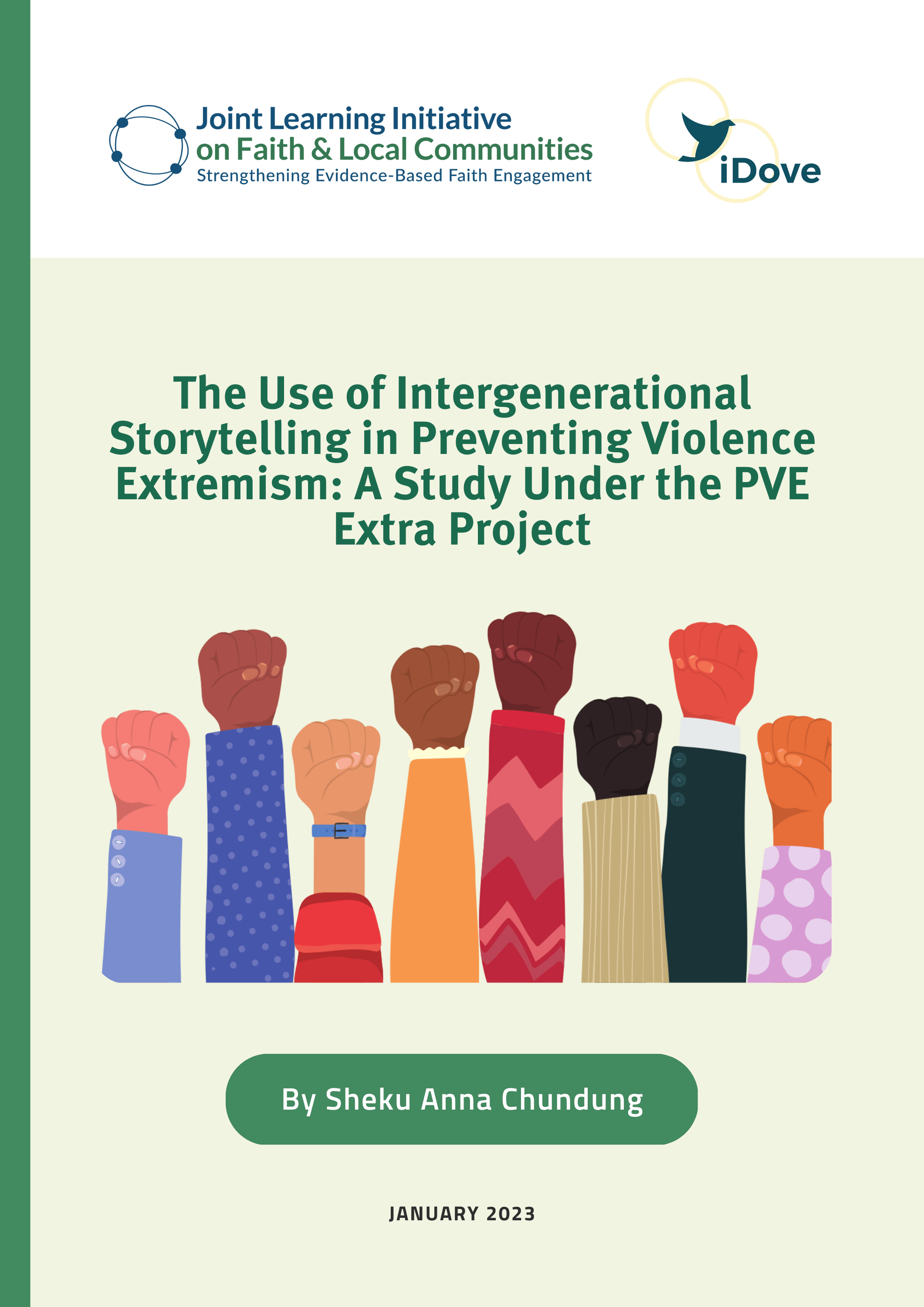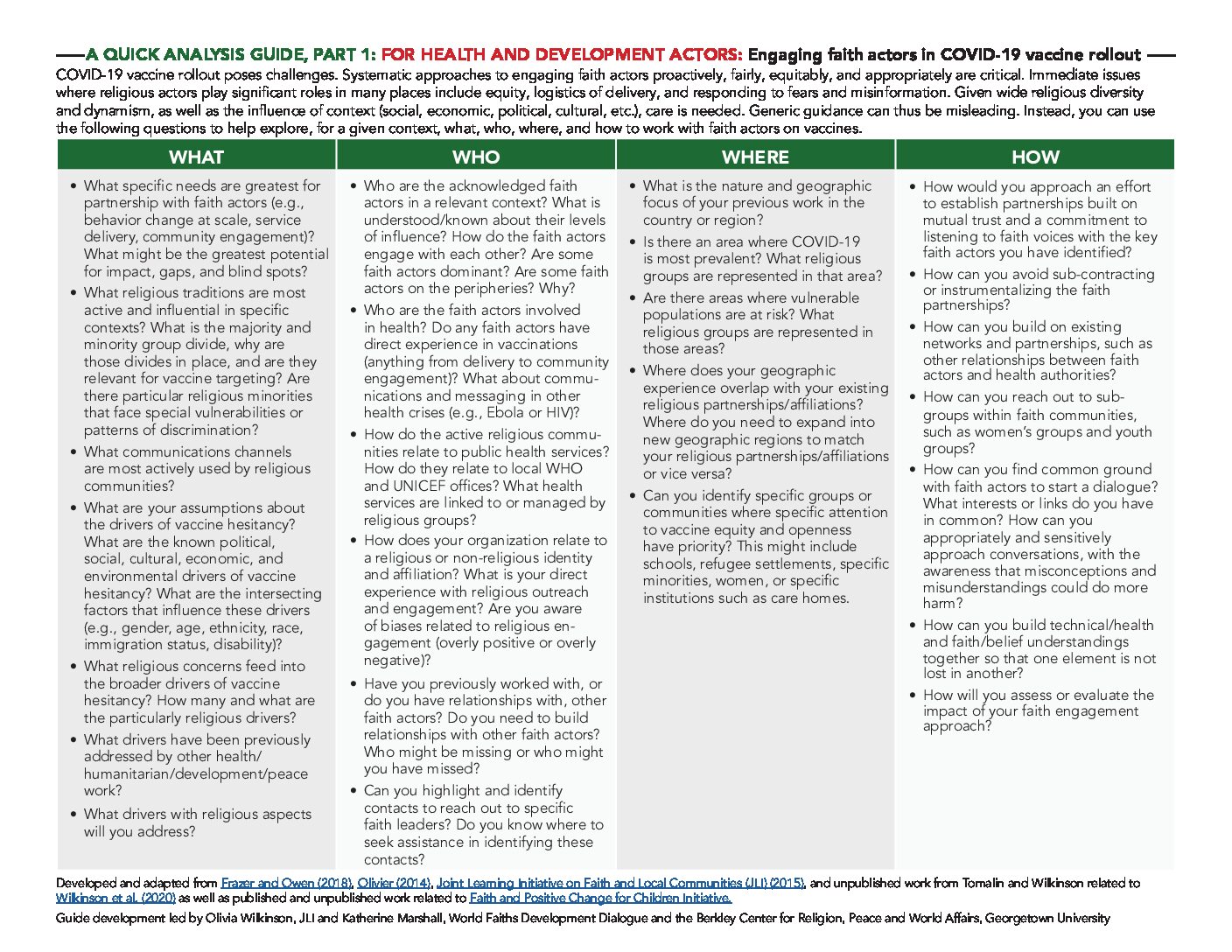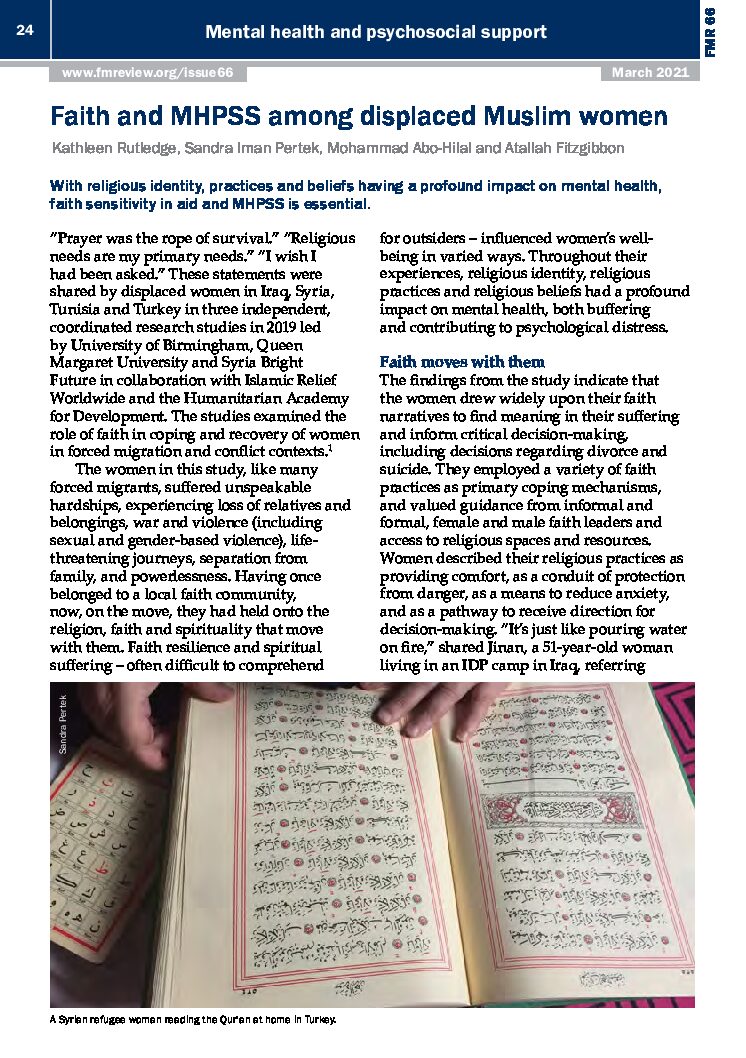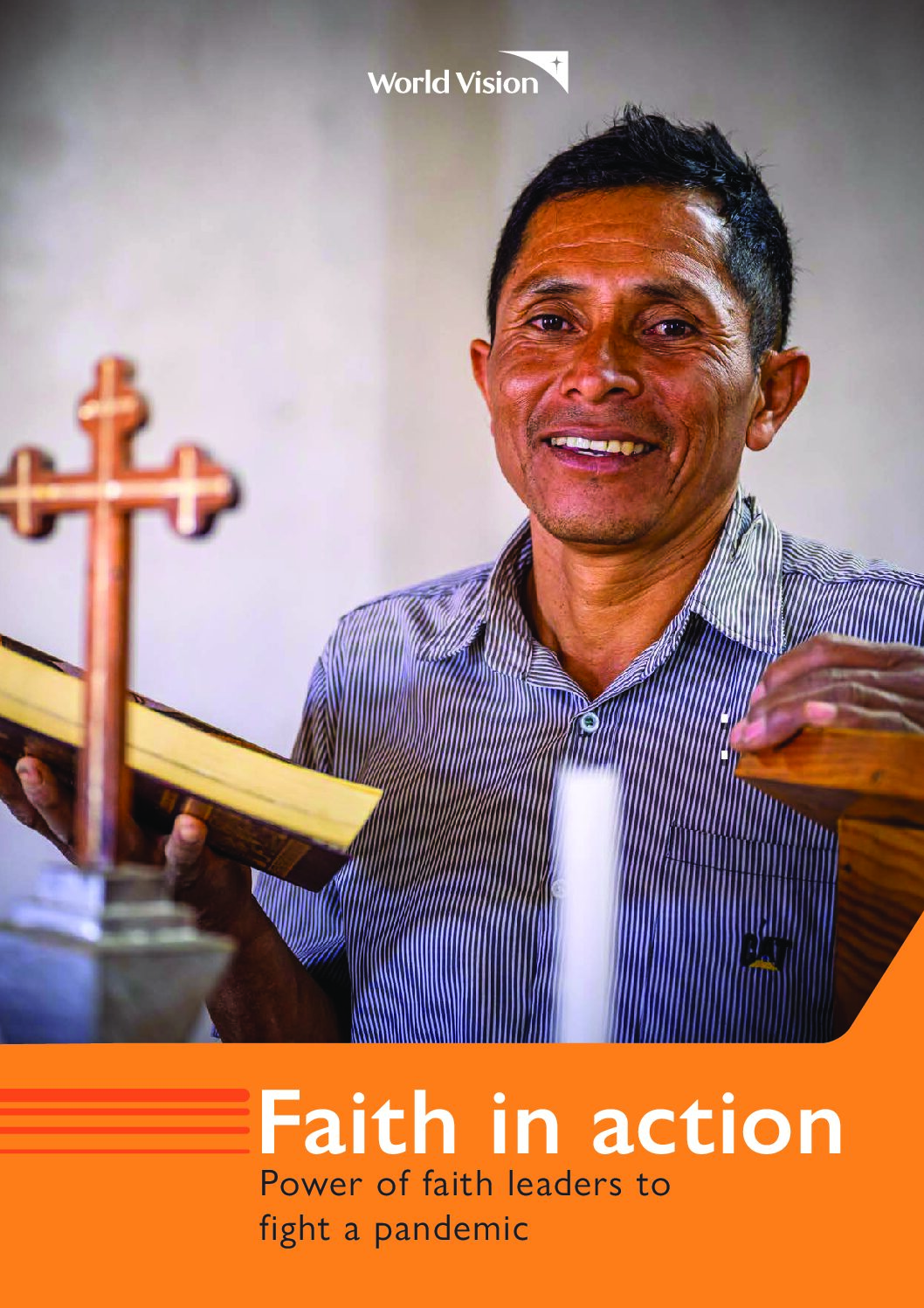About this research project
The Use of Intergenerational Storytelling in Preventing Violence Extremism: A Study Under the PVE Extra Project
There has been an increase in research on narratives in extremist communication and their role in radicalization processes as well as on both counter- and alternative narratives as tools to prevent or counter radicalization processes. Absent from the PVE literature so far, however, is discussion on the significance of intergenerational storytelling on the prevention of violent extremism.
This work examines the significance of the Youth Initiative Against Violence & Human Rights Abuse (YIAVHA) approach to preventing violent extremism among young people through storytelling methodology. The data used for this study was accessed using qualitative methodology where focus group discussions, key informant interviews, and desk reviews of project reports were done. The study found out that the specific storytelling methodology used by YIAVHA contributes to the prevention of violent extremism amongst young people. The stories were able to establish linkage between the storytelling methodology and the place of inspiring forgiveness that impacts the prevention of violent extremism; promoting friendship amongst young people and opening segregated communities impacts on the prevention of violent extremism; youth peace activism inspires more action towards the prevention of violent extremism.
The study recommends that practitioners in the NGO space can adopt the intergenerational storytelling method as a means of preventing young people from being recruited into extremist groups by engaging them in counter narrative interactions; young people shall serve as the storytellers to share experiences on how the conflict affects them.
“This project has increased my knowledge in research, with a better understanding on how to use research tools to carry out good research work without bridging ethics that guide the writing of research work. Also, the research opened room for new connections through the manner at which we were allowed to bond with our research team mates.“
– Sheku Anna Chundung, Researcher
Read the full paper below





